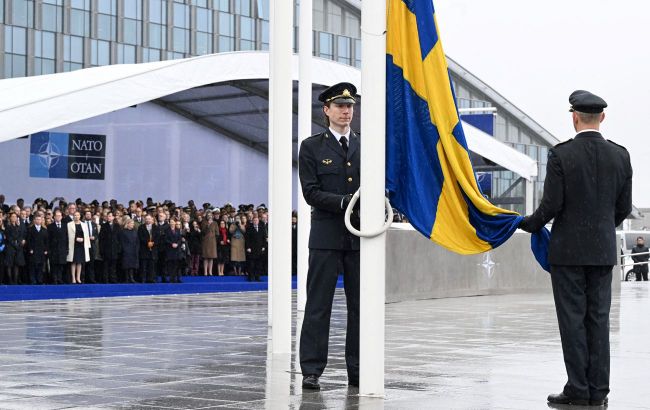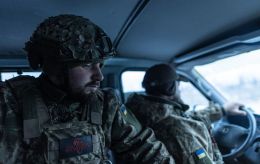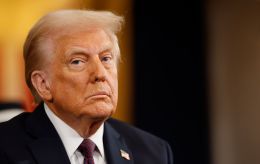Swedish flag raised at NATO headquarters in Brussels
 Swedish flag raised at NATO headquarters in Brussels (Getty Images)
Swedish flag raised at NATO headquarters in Brussels (Getty Images)
The Swedish flag was hoisted outside NATO headquarters in Brussels on March 11, in a ceremony attended by NATO Secretary-General Jens Stoltenberg, citing the ceremony's broadcast.
"This is an historic day. We welcome Sweden into NATO, at a critical time for our shared security. In a moment, we will raise the Swedish flag here at the NATO Headquarters and across the whole Alliance for the first time. Thirty-two flags flying together. They represent thirty-two nations working for a common purpose: To protect one billion people. Prevent war. And preserve peace. Sweden’s membership makes NATO stronger, Sweden safer and all of us more secure. Sweden brings high-end capabilities, first-class military forces, and spends more than 2 percent of GDP on defence," said the NATO Secretary-General.
According to him, "Sweden’s accession shows again that NATO’s door remains open. No one can close it. Every nation has the right to choose its own path. And we all choose the path of freedom and democracy. The brave people of Ukraine are fighting for these values as we speak," Stoltenberg added.
In turn, Swedish Prime Minister Ulf Kristersson noted that Sweden is now "an ally amongst allies."
"After more than 200 years of military non-alignment, this is a historic step. But also, a very natural step. We have been preparing for decades. And in details the last two years. With this membership, Sweden has come home. Home to the security cooperation of democracies. Home to the security cooperation of our good neighbours," he said.
Sweden's accession to NATO
Sweden officially joined the North Atlantic Alliance on March 7, becoming the 32nd NATO member.
Türkiye opposed the accession of Finland and Sweden to NATO due to their support for the Kurdistan Workers' Party, which Ankara considers a terrorist organization.
Finland officially became a NATO member on April 4, 2023. The country's flag was also raised outside NATO headquarters.
For reference
The Turkish conflict with the Kurdistan Workers' Party has been going on for several decades. Kurdistan is a region spanning four countries: Türkiye, Iran, Iraq, and Syria, with around 30 million Kurds residing there. The PKK is a left-wing movement formed in Türkiye in the late 1970s, amid clashes between Turkish ultra-nationalist and opposition leftist groups. In 1984, the confrontation between the Turkish government and Kurdish rebels escalated into an armed conflict. It continues intermittently to this day.

